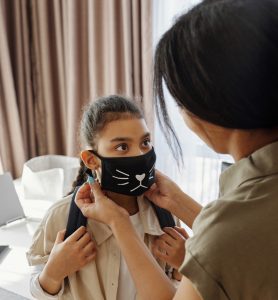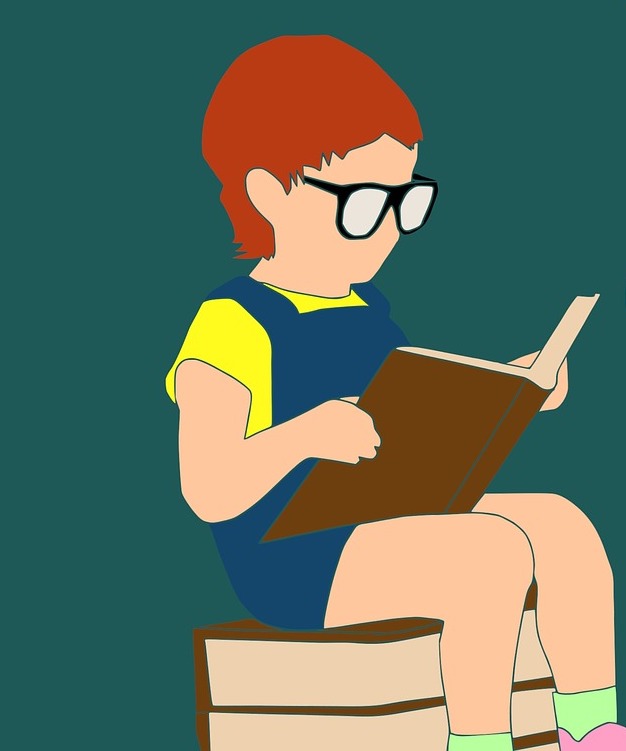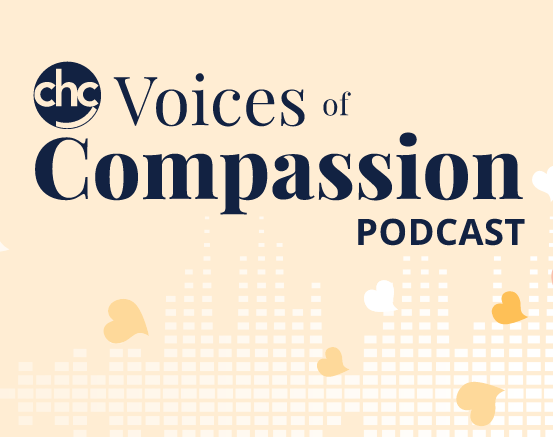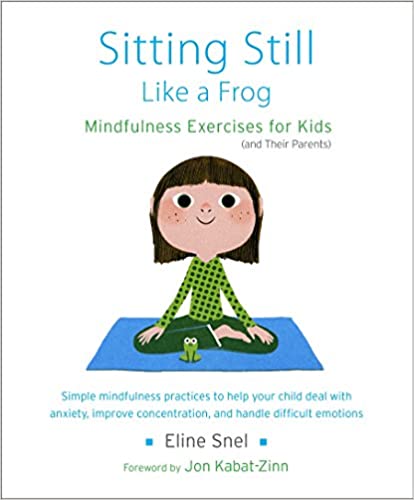How Parents Can Help Kids Who Are Scared and Anxious During the Pandemic
 For the kids in our lives, the last nine months have been many things. Scary — because an invisible, unknown illness was suddenly spreading across the globe. Maybe even fun, when the possibility of school closing felt like a snow day. But for many, that novelty has given way to frustration and sadness — even depression and anxiety. Just like adults, kids are wondering: Will I get sick? Will someone I love die?
For the kids in our lives, the last nine months have been many things. Scary — because an invisible, unknown illness was suddenly spreading across the globe. Maybe even fun, when the possibility of school closing felt like a snow day. But for many, that novelty has given way to frustration and sadness — even depression and anxiety. Just like adults, kids are wondering: Will I get sick? Will someone I love die?
It’s a lot for kids and parents to handle. KQED talked to the experts and came away with five tips for how you can help your kids through this.
Make sure your kids wear their masks
It might take a little imagination. If you have younger kids, you can explain the spread of the coronavirus by comparing their mouths to a bottle of bug spray. Weird, yes — but it’s one way for young ones to visualize the tiny droplets they spread, even when they aren’t sick. If they wear a mask, it helps keep those droplets in.
If you’ve got older kids or teenagers, take this a step further: Encourage them to spread the word.
Practice positive thinking and mindfulness
In a recent report, researchers interviewed 46 teenagers in California and found that the teens reported a huge sense of loss — similar to the stages of grief. Most of the teens were sleeping badly because of lack of activity and lots of screen time.
… Trade in some of that screen time for physical exercise and try some brain exercises too, like replacing negative thoughts with positive ones.
It’s also important to watch for signs of something more serious too.
Meet tough moments with empathy
There will be times when feelings bubble up. Meltdowns will happen. In those moments, wellness guide Frannie Williams says, take a moment to put yourself in your child’s shoes. If they’re acting like it’s the end of the world, well it might be because their world has turned upside down this year.
She says that to help kids calm down, parents have to calm down too.
Find new ways of connecting with people
Get creative about making time for reestablishing some of those lost connections. It will help your children, it will help you and it will likely help the people you’re reconnecting with.
Joy Osofsky, a professor at Louisiana State University School of Medicine in New Orleans, says her grandkids, who live outside the U.S., call her every morning on their way to school so they can play online games together. It’s time that both Osofsky and her grandkids have come to cherish.
Get more safe physical contact
Damour says that kids, even teens, are likely missing out on lots of the physical contact they normally get — contact that can’t be replicated over Zoom or WhatsApp. Keep that in mind, and don’t hold back on the physical affection — the hugs, the pillow fights, the hair ruffles, all of it.
Excerpted from “How Parents Can Help Kids Who Are Scared and Anxious During the Pandemic” in KQED’s MindShift. Read the full article online or listen to the podcast.
Source: MindShift | How Parents Can Help Kids Who Are Scared and Anxious During the Pandemic, https://www.kqed.org/mindshift/57085/how-parents-can-help-kids-who-are-scared-and-anxious-during-the-pandemic | © 2020 KQED INC
A screening can help you determine if you or someone you care about should contact a mental health professional. CHC teletherapy services are available now. Call or email our Care Managers at 650.688.3625 or careteam@chconline.org to set up a free 30-minute consultation appointment.





